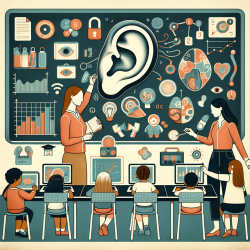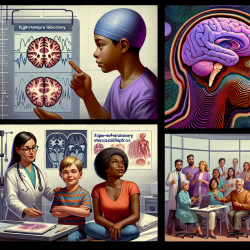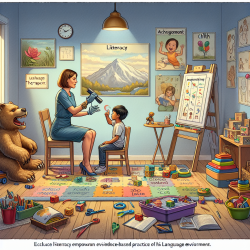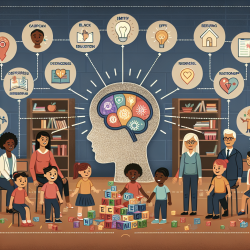Understanding Preschool Inclusion
Preschool inclusion refers to the practice of educating children aged 3 to 5 with disabilities alongside their typically developing peers. This approach, supported by federal policies, aims to provide preschool special education services in the least restrictive environment (LRE). However, a significant portion of children with disabilities still attend segregated classes, highlighting the need for enhanced inclusive settings.
Key Findings from Research
Research indicates that children with disabilities in inclusive classrooms engage more in peer interactions, which reduces social isolation and fosters social, language, and academic skills. Studies have shown that inclusive settings benefit children with disabilities in language and literacy outcomes, although challenges remain in areas like phonological awareness. Typically developing children in these settings often develop more positive attitudes towards peers with disabilities.
Quality of Inclusive Preschool Programs
Effective inclusion requires high-quality programs characterized by access to learning opportunities, active participation, and supportive resources for teachers and parents. Research suggests that inclusive classrooms generally score higher in quality assessments, but there are areas needing improvement, such as literacy and language support.
Improving Program Quality
Interventions like naturalistic approaches and embedded instruction have shown promise in enhancing learning experiences for children with disabilities. These strategies focus on integrating instruction into everyday activities, making learning more meaningful and accessible. Peer-mediated strategies and teacher-led interventions using stories also play crucial roles in promoting social and communication skills.
Professional Development and Teacher Attitudes
Professional development is vital for equipping teachers with the skills needed for effective inclusion. Positive attitudes towards inclusion are linked to better practices, and training programs that combine coursework with practical experiences in inclusive settings have been effective in fostering these attitudes.
Policy Recommendations
Policies should focus on increasing access to high-quality inclusive programs, ensuring adequate funding, and supporting professional development. States should consider guidelines for classroom composition and invest in evaluations to identify effective practices. A comprehensive approach involving state and local agencies can enhance the quality and accessibility of inclusive preschool programs.
For more information, please follow this link.










